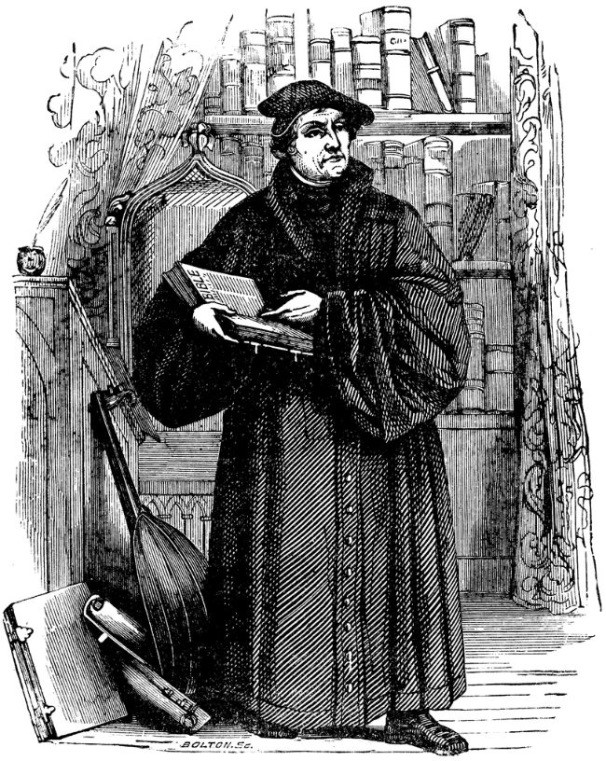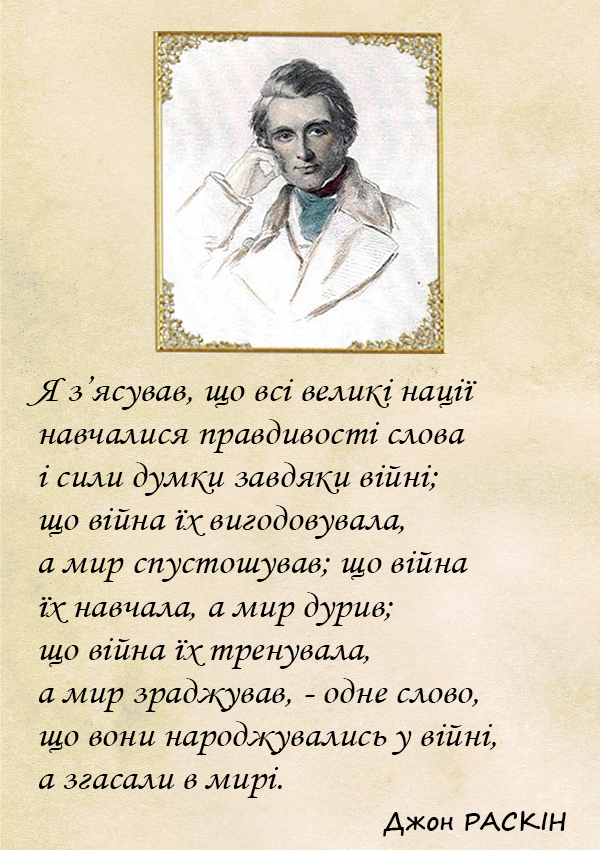
(essay)
Martin Luther’s translation of the Bible into German stands as one of the most influential works of translation in history, fundamentally shaping both the German language and Protestant Christianity. While Luther is primarily known as the catalyst of the Protestant Reformation, his work as a translator proved to be equally revolutionary in its cultural and linguistic impact. His journey as a translator began in 1521 while in protective exile at Wartburg Castle, where he embarked on the momentous task of translating the New Testament from Greek into German. Remarkably, he completed this initial translation in just eleven weeks – an extraordinary feat considering the complexity and significance of the text. The New Testament was published in 1522, and the complete Bible, including the Old Testament translated from Hebrew, was finished in 1534.
Luther’s approach to translation was ground-breaking for his time. Rather than producing a word-for-word literal translation, he advocated for what we would now call dynamic equivalence – capturing the meaning and spirit of the original text in natural, accessible German. His famous quote encapsulates this philosophy: “One must ask the mother at home, the children in the street, the common man in the marketplace and listen to how they speak, and then translate accordingly.” This approach led him to make several innovative choices, including using everyday German rather than scholarly language, prioritizing clarity and comprehensibility over literal accuracy, and incorporating German idioms and colloquialisms. When necessary, he even created new German words to effectively convey biblical concepts.
The impact of Luther’s translation work on the German language was profound and far-reaching. His work helped standardize written German, bridging various regional dialects and establishing High German as the literary language of Germany. Many of his coined phrases became permanent fixtures in the German language, and his translation served as a model for German prose style for centuries to come. Beyond linguistics, his translation had far-reaching cultural and religious consequences. It made the Bible directly accessible to German-speaking people for the first time, promoted literacy among the general population, and provided a foundation for German national identity.
Luther employed several sophisticated translation techniques that were ahead of his time. He deeply studied the historical and cultural context of biblical texts, constantly considered his readers’ comprehension level, and worked collaboratively with other scholars to refine translations. Importantly, he viewed translation as an ongoing process, regularly updating and improving his work to enhance its clarity and accuracy. This commitment to continuous revision demonstrated his understanding that translation was not a one-time task but a living, evolving process.
The influence of Luther’s translation work extends far beyond its immediate historical context, resonating strongly with modern translation theory. His emphasis on accessibility and natural language continues to guide translators today, showing how translation can be a powerful tool for cultural and social change. His Bible translation project wasn’t just about converting words from one language to another – it was about making complex ideas accessible to ordinary people, challenging established authority, and helping create a standardized national language. In this sense, Luther wasn’t just a translator; he was a cultural revolutionary who used translation as his medium for change.
Today, translators continue to grapple with many of the same challenges Luther faced: balancing accuracy with readability, considering cultural context, and making complex ideas accessible to general readers. His legacy reminds us that translation is not merely a technical exercise but a powerful tool for cultural and social transformation. The influence of Luther’s translation work extends far beyond its religious context, demonstrating how a single translation project can shape a language, influence a culture, and change the course of history. His work stands as a testament to the profound impact that thoughtful, purposeful translation can have on human society, making him not only a religious reformer but also one of history’s most influential translators.


























































Залишити відповідь